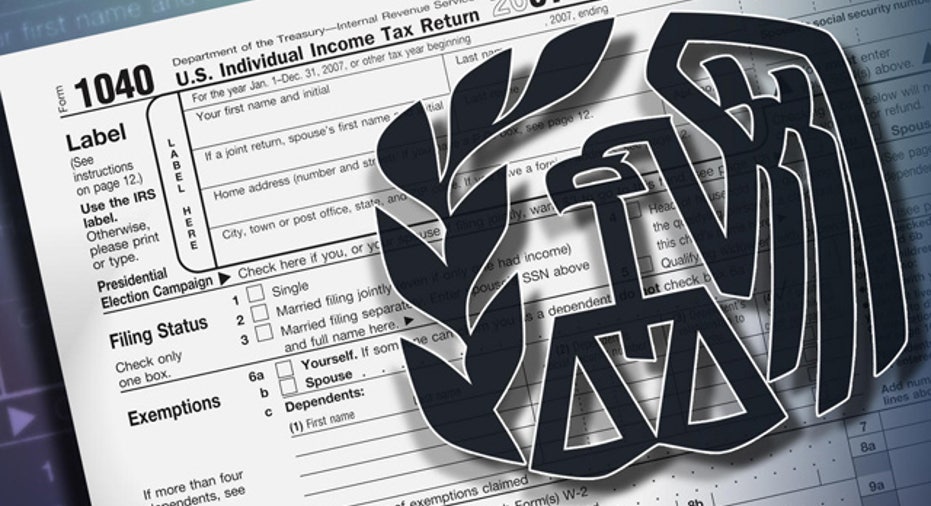IRS Exams: What They Mean for Taxpayers

The IRS recently changed its requirements for tax preparers, and now individuals wishing to make a living preparing income tax returns must register with the agency and pass testing to prove competency by the end of 2013.
While this seems like good news for taxpayers, the testing and competence levels vary greatly and the “grandfathering” rules for certain special groups can also cause concern for consumers. Here’s how to evaluate a professional and find a tax specialist to meet your needs.
Generally, there are four groups of individuals who can legally prepare taxes: attorneys, certified public accountants (CPAs), enrolled agents (EAs) and registered tax return preparers (RTRPs).
Attorneys who passed their state’s bar exam are allowed to prepare tax returns. At issue is that there is no nationwide requirement that they take continuing education on income tax issues. Most states do not even require that they take income tax courses in law school. Most attorneys involved in the income tax field are specialists dealing in tax court and audit issues and are usually the best choice for consumers in trouble with the IRS.
Certified Public Accountants (CPAs) with an active license may also prepare tax returns. They are required in almost all states to have received very intense accounting training, take at least one tax class in college and pass an extremely difficult exam. On a troubling note, very few states require CPAs to take continuing education in income tax fields, just accounting and ethics courses, so there is no guarantee that they are current in the tax law. Most CPAs preparing tax returns are extremely competent professionals who are accustomed to preparing complex tax returns, but tax law is always changing, so be sure to ask about their continuing education, particularly in the last couple of years.
IRS Enrolled Agents (EAs) specialize in income tax issues. Some have taken the difficult EA exam, but some have been grandfathered in by working for the IRS and aren’t required to take the exam. Here’s the thing: not taking the test doesn’t mean they are not competent, but I would not want open-heart surgery done on me by someone who works for a hospital but has never performed surgery.
All EAs are unique because they are the only group required to have income tax continuing education every year, which as a group, tends to make them the most currently knowledgeable professionals in the country. When considering hiring an EA, protect yourself by asking about their actual return-preparation experience.
Starting this year, Americans will be seeing a newly-licensed tax preparer: the Registered Tax Return Preparer or RTRP. This group is required to pass an entry-level competency exam by the end of 2013, maintain a minimum level of tax continuing education, and stay out of trouble with the IRS.
The National Society of Registered Tax Preparers (www.NSRTP.ORG) reports that it expects 350,000 or more RTRP’s by the end of 2013, and everyone else who works on returns will either have to be an RTRP, or work for the previous three groups. Because RTRPs are entry-level return preparers, in many cases the IRS has limited their legal ability to represent taxpayer beyond an initial audit stage.
As a professional who has taken and passed all three of the above non-law tax exams, I can advise consumers that this new testing requirement is long overdue, and consumers need to carefully ask potential preparers about their license and look for continuing education of at least 16 hours of tax classes every year.
Start your search for a reputable professional by scanning websites to check credentials and calling and ask about continuing education. Without a client release, the IRS client confidentiality rules prohibit the tax preparer from providing you with references, so you should ask business associates for referrals, and then check out the previous qualifications.
Bob Jennings is a CPA, EA, RTRP and CFP and author of “Understanding Social Security & Medicare” His website is www.thecloudcpa.com and he can be followed on Twitter @Jenningsseminar



















